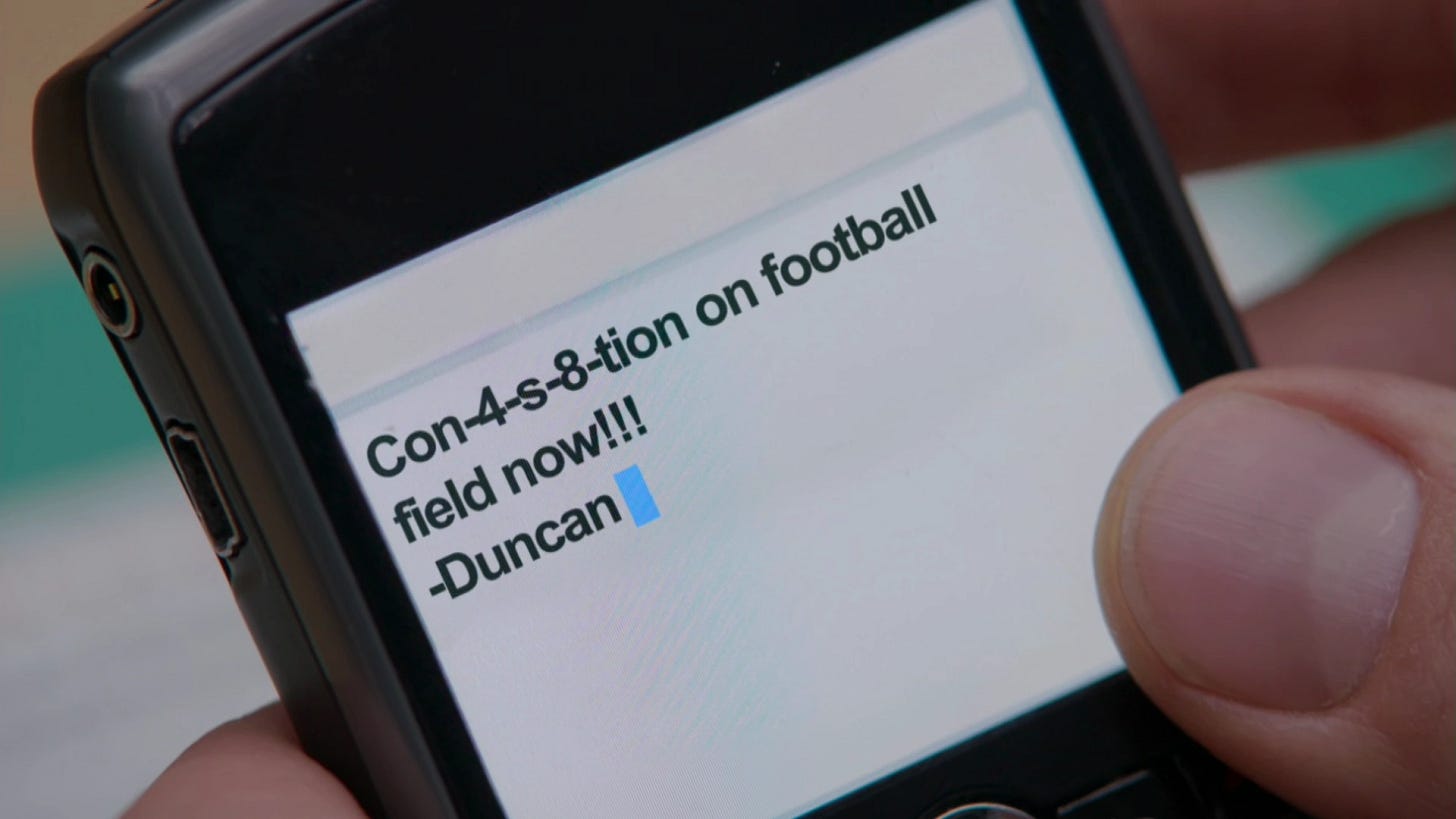Arguing on the Internet
It seems like any argument between two people is more constructive and more generative when there is more information communicated about the present state of the two participants: their tone, mood, body language, energy level. This is to say, an in-person argument is better than a video call argument is better than a phone call argument is better than a text exchange argument.
When I see people arguing on Twitter, I often see disagreements on the definitions of words, or misrepresentations of claims, or a priortization of persuading the spectators over seeking the truth. I have done all of these things. I am going to speculate about what might be underneath this phenomenon of low-quality arguing based on my own experience.
Sometimes I don’t feel seen or I don’t feel safe. I express something unskillfully or without much consideration of how it will be received I am subsequently attacked, I fight back as a way to protect myself.
Sometimes I feel like part of my identity is threatened. If something that feels core to who I am is being challenged, I resist that potential instability of my sense of self. I want to feel rock solid in who I am and in my choices.
We’re many, many years into understanding social media as a technology. Why do we still do a disservice to ourselves and each other by arguing via this medium that offers so little exchange of information about the people making the arguments? Why do we choose to go back and forth in the replies for an hour when we could spend that hour with each other on a phone call or video call and have a much higher-quality argument? Why do we settle for the path of least resistance? Why do we choose convenience over the flourishing of the good?


